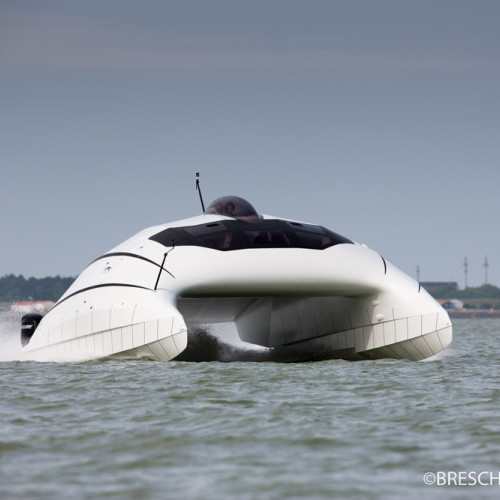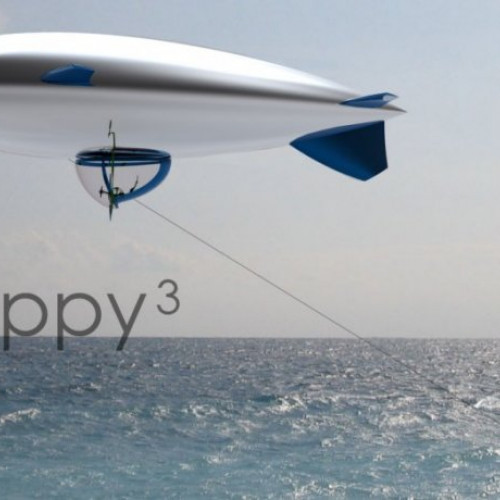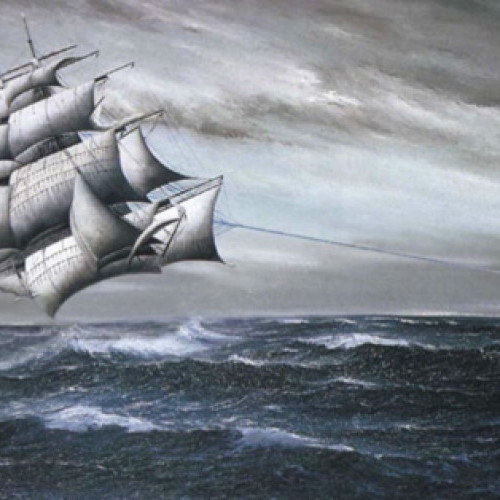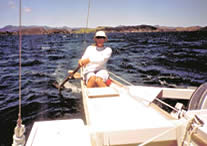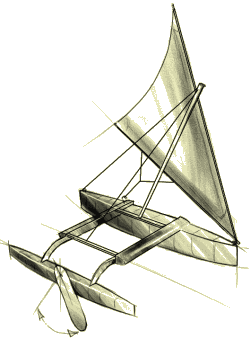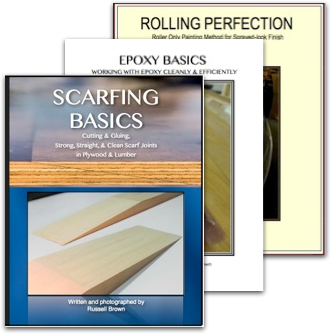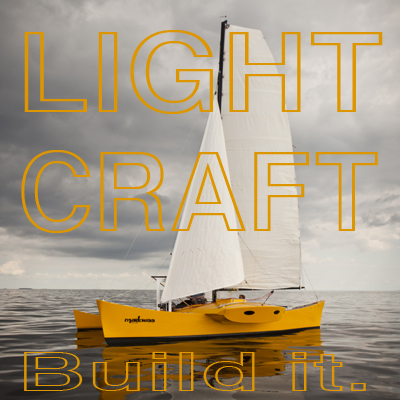The Flying Boat
Advanced Aerodynamic Vessels of Nantes, France, aims to improve the speeds of passenger vessels by harnessing the flow of apparent wind. The catamaran employs planing stepped hulls similar to a seaplane, but the resemblance to a flying machine doesn’t stop there. The central bridgedeck is carefully shaped into a wing that creates aerodynamic lift and reduces both displacement and drag:
The operational speed of today’s small workboats…
Zeppy 3 - Across the Med by Wind Powered Airship
Preparations are underway for a 150 mile journey from southern France to Corsica in a sail balloon. High flyer Stéphane Rousson is planning to pilot Zeppy 3 across a stretch of Mediterranean waters using only the power of the wind and a curved carbon foil based on the chien de mer by Didier Costes.
The 65.6 feet long and 16.4 feet wide Zeppy 3 recently on display at Le Bourget in Paris is filled with 200 cubic meters of helium. An…
First Flight
A working hapa model has finally been accomplished by Frenchman Luc Armant. It is the realization of the theoretically perfect sailboat: an airfoil and hydrofoil, tied together by a single line in tension. The massless sailboat has long been the dream of sailing pioneers from Bernard Smith’s aerohydrofoil to D. Costes’ chien de mer (seadog) to the hapas of J. Hagedoorn. The achievement cannot really be overstated, IMHO. Well done, Mr.…
Bamboo Boatbuilding
Bamboo is a material with excellent engineering qualities that has so far been useful to boatbuilders mainly as a source for spars. In this article, Richard Emmet proposes processing bamboo for marine plywood.
I held a sample of interior grade bamboo ply in my hand and it took less than two seconds to decide that I could build boats out of this stuff. I could not believe how light it was! And it felt about as stiff as steel. Of course…
Testing the crab claw sail
Nicholas Schneider sent in some results of his crab claw rig experiments. Thanks Nic!
These are qualitative studies of slender foils and leading edge vortices for sailing craft. The results of these experiments, suffering from improvised input and variable conditions were good enough to inspire further work but produced more questions than answers.
Description of rigs in drawings:
Palindrome - the land proa
Chris Luomanen describes the world’s first and only proa on wheels!
The land proa was a mad last minute dash to the finish for 2 quarters worth of thesis work I did around "Joy Rides". The idea was to create unexpected experiences—things you had to try to understand. All of these were developed as working prototypes. The projects included:
Centipede Board: a skateboard with 11 fixed roller blade wheels on the bottom that you turned…
Proa rig comparison table
Below is a list of proa rigs under active development today. As you can see, there is hardly a consensus as of yet! None of the rigs are perfect, and all have various strengths and weaknesses. The Rig Ratings Table is a first attempt to quantify three rig performance areas: Performance, Handling, and Safety. The table is the result of some spirited discussion on the subject by the Proa File International mailing list. Many thanks to…
A bloody fine first day with a crab claw 2
Part Two of Wade Tarzia’s epic first sail with a crab claw rig.
Bleeding while you are swimming is disarming and kind. What seems to be water dripping in my face is actually something horrific—that it never stopped dripping should have clued me in, but I’m still pondering that nth dimensional paradigm. Somewhere a baby is crying. I know this sounds like a cliche because, in all the bad novels, as soon as something interesting…
The Case for the Steering Oar
By Gary Dierking
Steering is one of the great challenges of proa design. The one who finally designs a steering system that a) shunts easily, b) controls the canoe both while at speed and while stationary during a shunt, c) is hydrodynamically efficient, d) is immune to underwater hazards, and e) is simple and foolproof, will have discovered the proa “holy grail”. Could it be that the Pacific Islanders have already invented such a…
Testing with models - part 2
From the Proafile Archives. Originally posted 1999
After my exciting but ultimately unsatisfying flirtation with anti-heeling Bruce foils for my proa scale model, I went out and bought my first computer. We all know what a huge time sink that is, so the proa and any model testing pertaining to it went onto a very remote back burner. This turned out to be perfect timing, since once I discovered the internet, I gradually found other…
